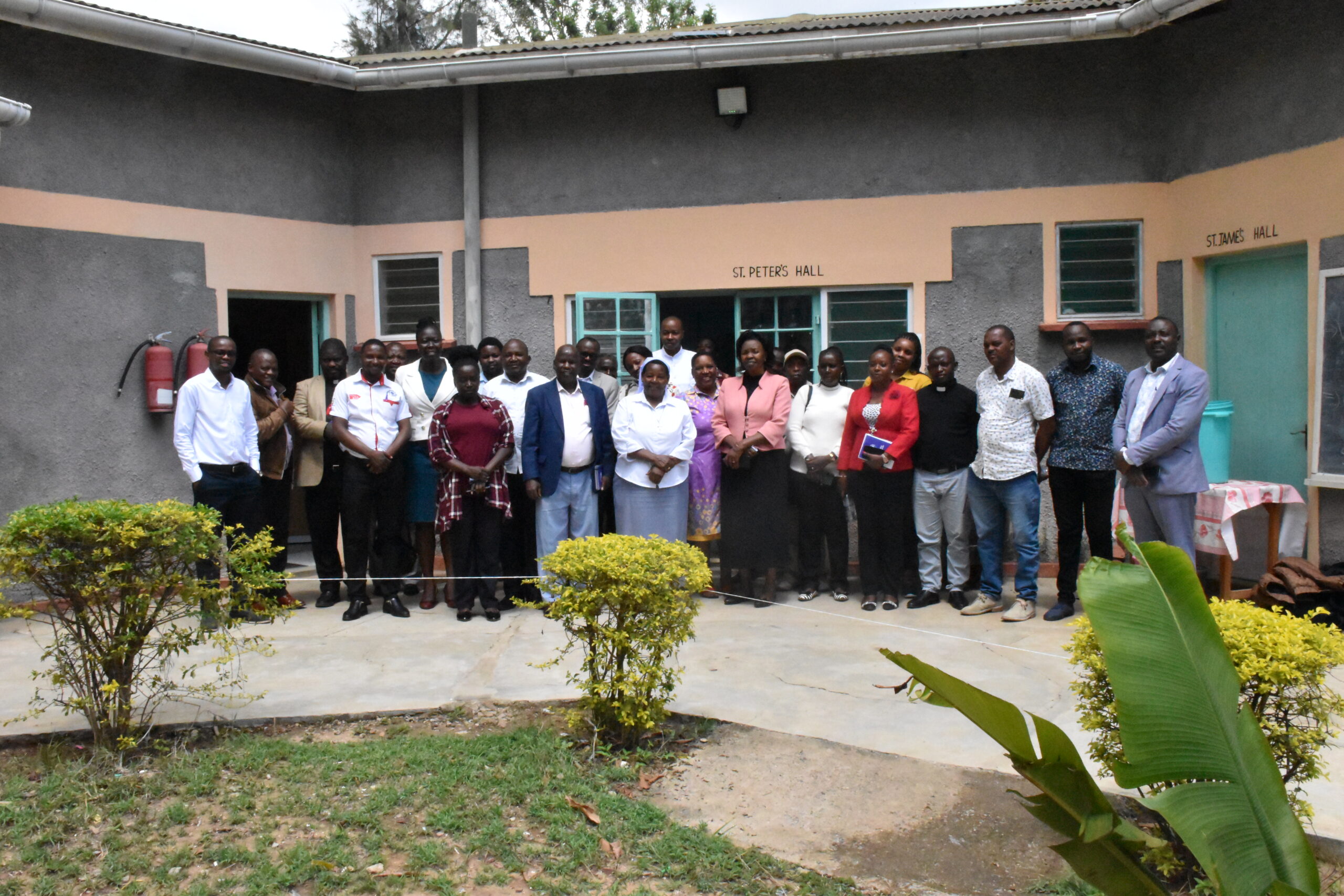By Katheru Njagi
Nairobi, Kenya: Kevin Njoroge, 24, was navigating his social media accounts when he hit an interesting thread. A Facebook user was persuading customers to buy her fruit juices which she had posted on her virtual account.
Njoroge, a graduate of Kenyatta University in Kenya, had heard hints that fresh juice could be made from sugarcane. But none of the ones by the Facebook user was made from the sweet, giant grass. And this gave him an idea.
“I searched the internet on how to make juice from sugarcane. The information had been there all along and yet I had been struggling to find something to do after campus,” said Njoroge who had been jobless for two years.
Coming from a sugarcane growing village in rural Kenya, Njoroge immediately knew what he would do next. Armed with his smartphone, he contacted a village trader who supplied sugarcane in the city and placed an order.
He then rented a kiosk at Gachororoini slum which hosts three-quarters of Kenyatta University student traffic, bought the required equipment, and set up shop. Using his smartphone, he advertised his product to his friends through WhatsApp.
“The next thing I knew I was in business. I never bothered dropping my graduate documents at office doors begging for job placement again,” beamed the youth, as he served a visiting customer a glass of juice at his kiosk.
Njoroge is among a growing number in Africa who are tapping the digital space to create jobs in the agriculture value chain.
Experts predict that a youth-led agriculture sector can double food production in Africa during the next decade, despite worsening climate change and disease epidemics.
One reason experts see youth playing a prominent role in the agriculture value chain is that most of those under 40 years old can be able to use computers and navigate digital spaces, according to Oluwaseun Oginni, a researcher at the Federal University of Technology in Nigeria.
Another is because the youth are the majority of the population in Africa, says the 2019 International Institute of Tropical Agriculture (IITA) research fellow.
“This is the active age of a population that is agile and able to work productively. We need to encourage them to embrace agriculture through digital platforms,” says Oginni.
Yet another is the growing reach of the telecommunication sector in Africa, whereof the 477 million Africans subscribed to a mobile phone, more than half of them have access to the internet, the African Business magazine reported in its latest edition.
Access to the internet directly supports 650,000 jobs and contributes about nine percent of sub-Saharan Africa’s GDP, the magazine reported.
With a reach projected to double during the coming decade, the telecommunication sector is well placed to employ the 11 to 12 million youth joining the labor market every year, Shiferaw Feleke, an agricultural economist with IITA says.
His research has discovered that today’s youth like Njoroge, can take advantage of information communication technology and other digital apps to tap into agriculture as a business.
“The youth are better educated and connected compared to the aging generation. They have a better grasp than anyone else, of their peers’ real needs, aspirations, challenges, and perspectives on agriculture,” says Feleke.
Delivering the Africa youth and agriculture dream will come at a price. First, governments must commit 10 percent of their budgets into the agriculture sector as requested by the AU 2003 Maputo declaration on Agriculture and Food Security.
Second, they must invest in the youth by creating incentives that attract them to the agriculture value chain, says Oginni.
But are they doing this?
No, he says. Most governments in Africa have been distracted by the discovery of mineral resources in the continent. A growing number of them are diverting budgets which would have shored up the agriculture sector to the extractive industry.
This has greatly impacted food security, says Oginni, adding that the contribution of the agriculture sector to GDP in Nigeria for instance, has been declining in the last 20 years because the focus has been on oil.
“Oil money comes faster than agriculture and so this affects food security. Yet we have the capacity to double food production in Africa. Our lands are more fertile compared to the ones in Asian countries. But they are producing better than us,” says Oginni.
Another challenge that the continent is likely to face as it prepares for a youth-led agricultural transformation is climate change.
According to Oginni, droughts and floods are worsening in many African countries. Yet governments can battle such challenges by encouraging the youth to adopt digital innovations that broadcast weather alerts to smallholder farmers.
“It is just a matter of time before climate change starts affecting us like it is affecting people in the US and Europe. We need to prepare very well for climate change on the ground to mitigate its impacts and effects because they will be more pronounced in the coming years,” says Oginni.















